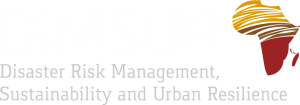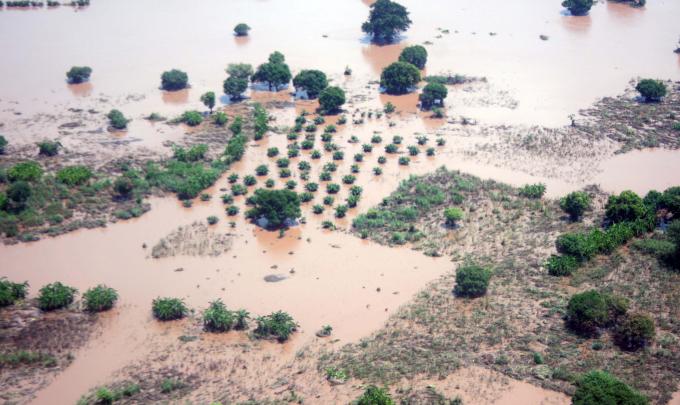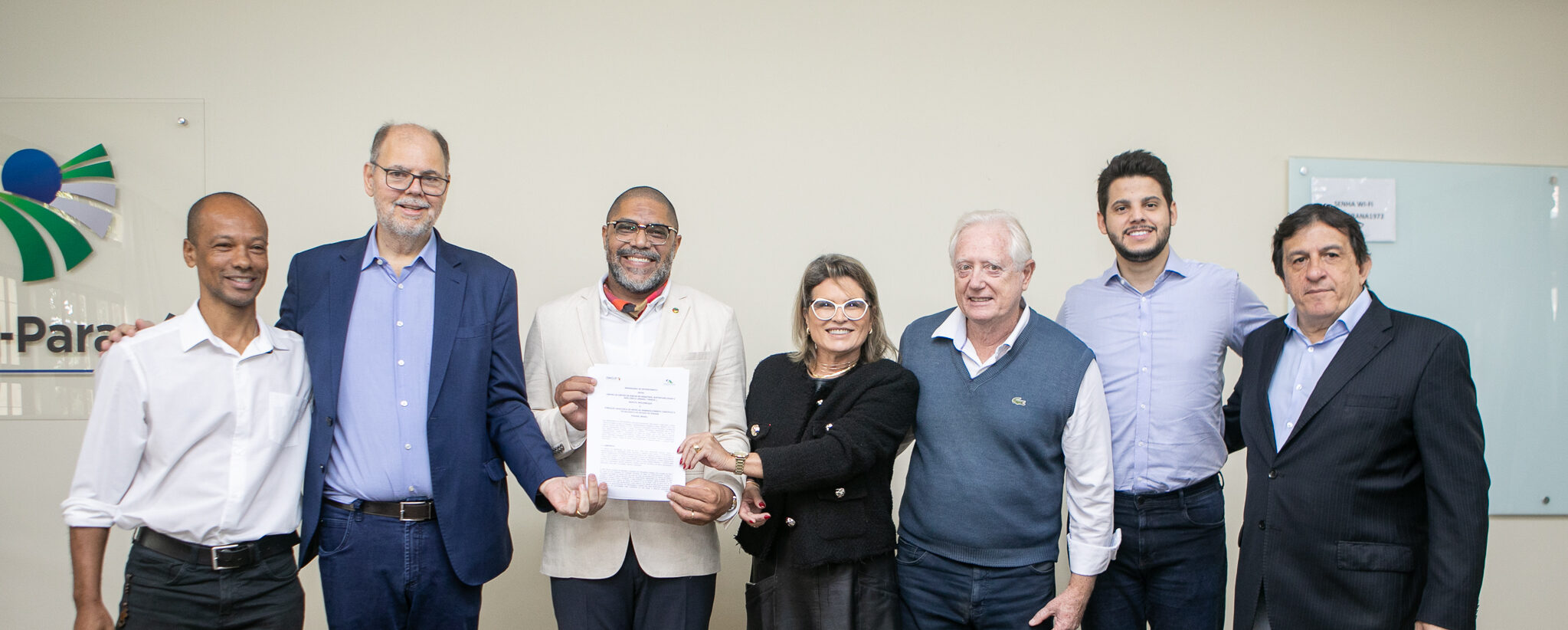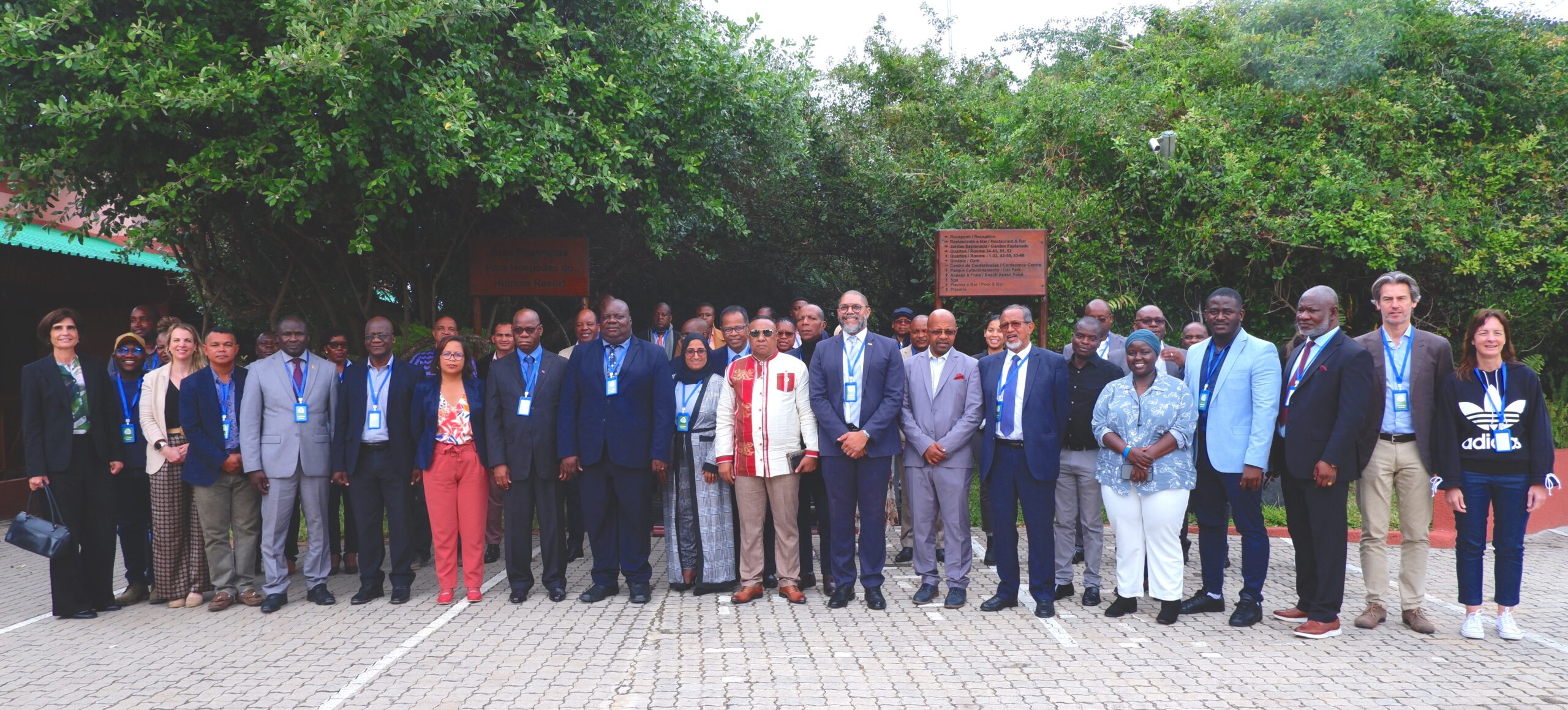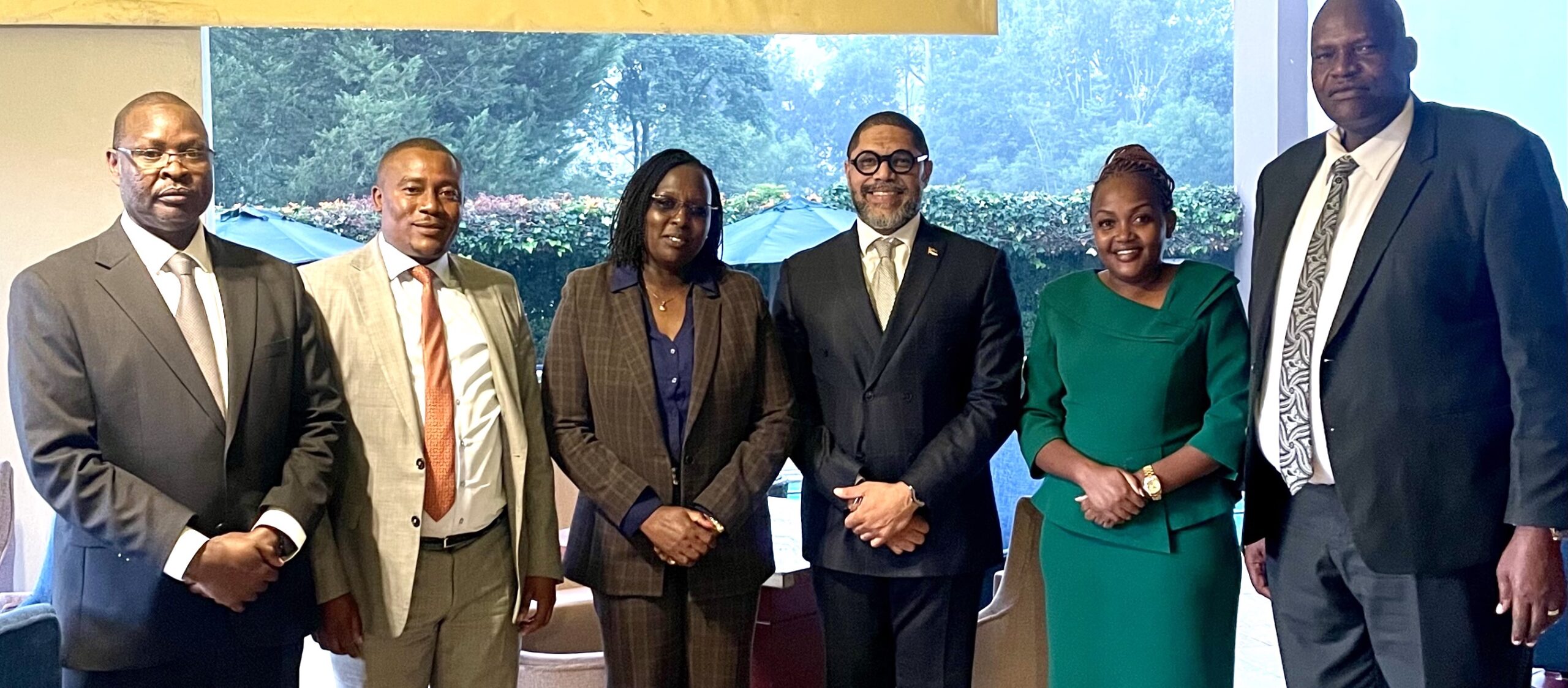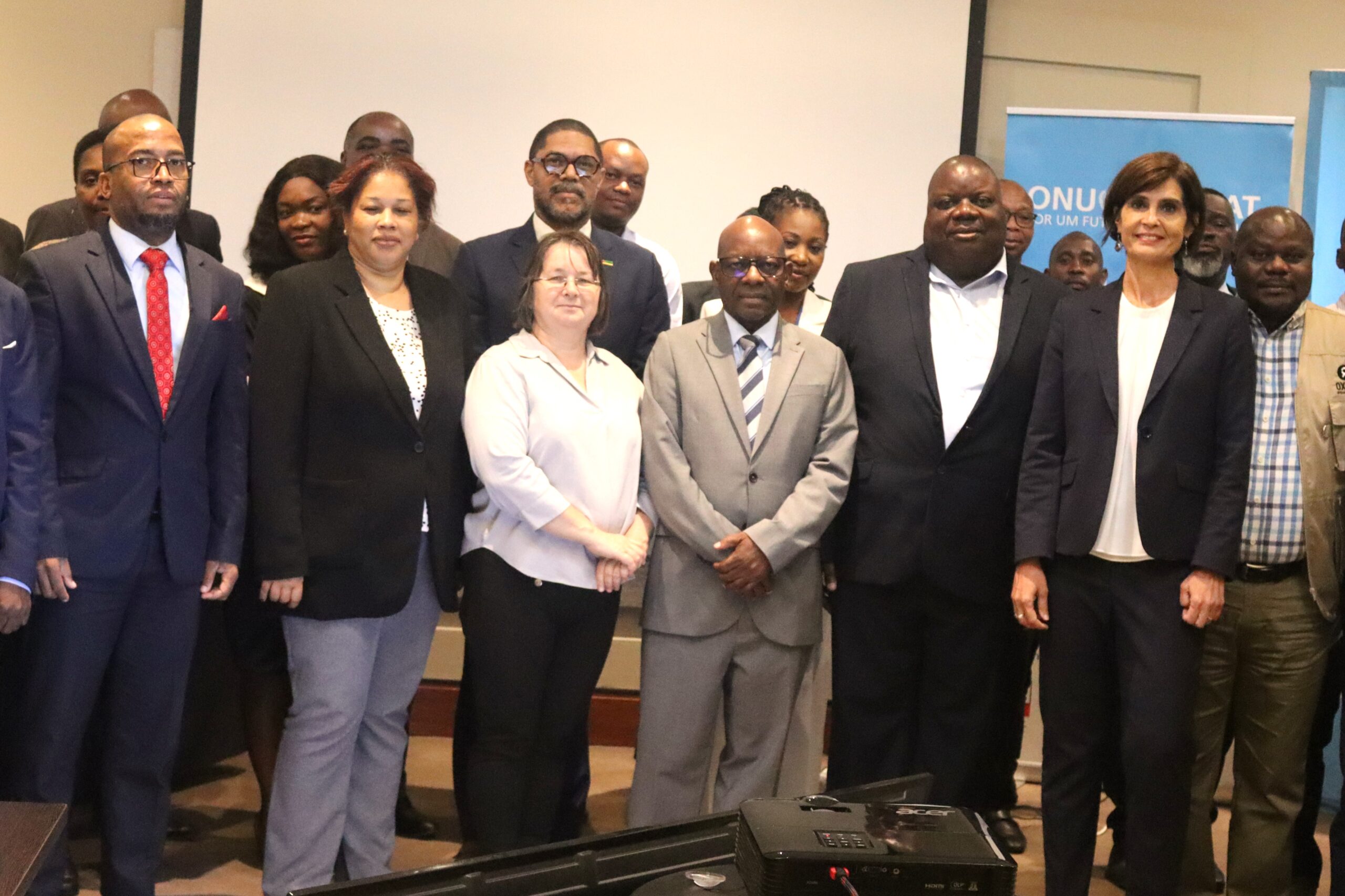Lilongwe – Africa has cleared a new milestone in its drive to implement the Sendai Framework for Disaster Risk Reduction. The pioneer is Malawi, which has undergone a peer review of its policies and actions, almost a year after being battered by floods.
A ten-day assessment of Malawi by three specialists each from Mozambique, South Africa and Zimbabwe in December launched a process that wraps up in the coming months with the presentation of Africa’s first-ever peer review report on disaster risk reduction.
“Though Malawi has a newly adopted Disaster Risk Management Policy and a Disaster Risk Management Bill is being drafted, the real integration of disaster risk reduction into developmental departments remains a challenge,” said Bernard Sande, Malawi’s Secretary and Commissioner for Disaster Management Affairs.
“The recommendations generated from the peer review process will be key in making this happen and preventing a repeat of the devastating floods of 2015,” he added.
The January 2015 floods claimed almost 300 lives, displaced 230,000 people and disrupted access to food, sanitation, drinking water, medication and health services. The crisis came just two months before the international community adopted the Sendai Framework, a wide-ranging, 15-year global agreement that aims to reduce substantially the human and economic costs of natural and man-made hazards.
Malawi had announced its commitment to be peer reviewed at the Third UN World Conference on Disaster Risk Reduction, in Sendai, Japan. The Sendai Framework is the successor to the Hyogo Framework for Action, a global agreement adopted in 2005.
Peer reviewing is an important tool to help take stock of countries’ efforts to reduce disaster risk and to share lessons among them in order to help national and international policy-making in disaster risk management. The Sendai Framework identifies strengthening disaster risk governance to manage disaster risk as a key priority for action.
A voluntary process, peer reviewing began in Europe during the Hyogo Framework era, with the United Kingdom being reviewed in 2012 by Sweden, Finland, Italy. The following year, Finland was reviewed by Austria, France, Georgia and the United Kingdom.
Since the pilot reviews in the United Kingdom and Finland, a European programme for peer reviews within the framework of European Union cooperation on civil protection and disaster risk management has been developed.
Malawi’s peer review process is being funded by the European Commission, with the reviewers supported by colleagues from the Southern Africa Development Community (SADC) Secretariat and the UN Office for Disaster Risk Reduction (UNISDR).
The review team conducted consultations with and interviewed key representatives of the Malawian government including the Office of the Vice President, and directors and senior officials from over 15 ministries and departments. Additionally, the team met several development partners working in Malawi at national and local levels.
The team also travelled to Salima District, one of the locations most seriously affected by the 2015 floods. They consulted district officials and members of the district executive committee and visited community sites where disaster risk reduction projects are underway.
The final peer review report will give a clear assessment on how Malawi has fared on each of a series of objectives, identify best practices uncovered and give recommendations based on the reviewers’ own experiences, as well as offering them lessons to apply in their own countries.
SOURCE(S): UNITED NATIONS OFFICE FOR DISASTER RISK REDUCTION – REGIONAL OFFICE FOR AFRICA (UNISDR AF)
